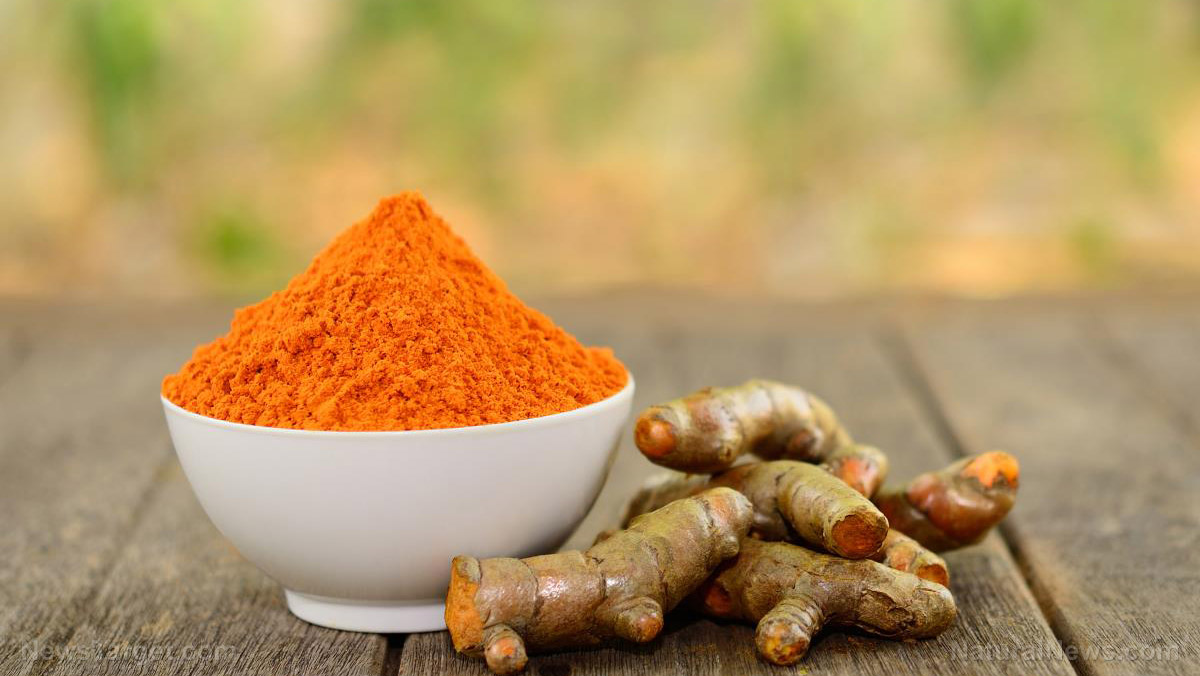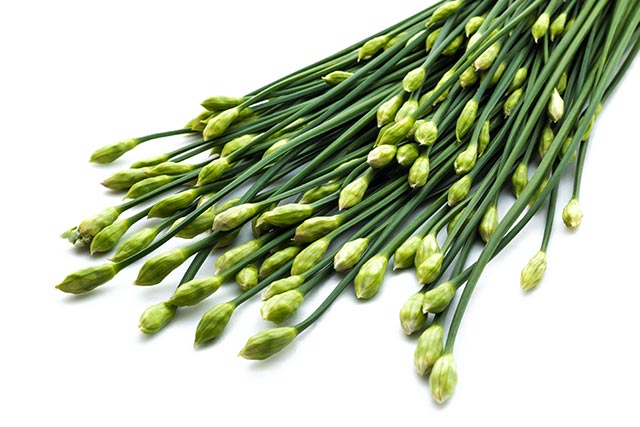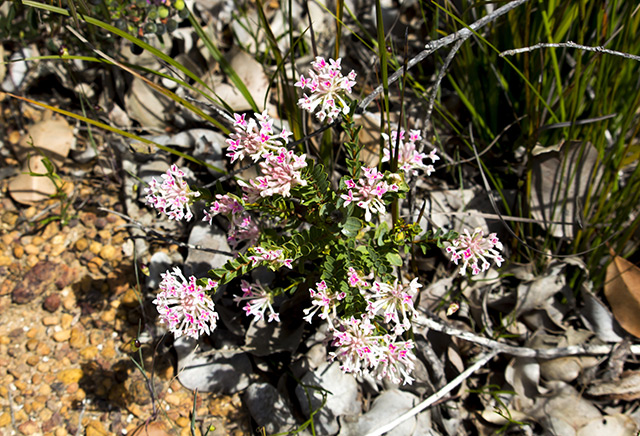Curcumin suppresses growth of head and neck cancers
07/24/2018 / By Tracey Watson

As terrifying as any cancer diagnosis is, hearing that one has head or neck cancer can be especially frightening. Knowing that cancer is lurking close to the brain is ominous indeed, and many patients would immediately turn to chemotherapy and other conventional cancer treatments to try to fight the disease. Nonetheless, overall, such conventional treatments have proven to have low success rates and carry serious side effects, while destroying the body’s immune system – the human species’ greatest weapon in fighting disease.
It is encouraging to know, therefore, that peer-reviewed studies have found that there are natural ways to fight cancer – including cancers of the head and neck. One such study, conducted by researchers from the UCLA Jonsson Comprehensive Cancer Center, and published in Clinical Cancer Research, the peer-reviewed journal of the American Association of Cancer Research back in 2011, found that curcumin – the main component of the spice turmeric – can suppress a cell signaling pathway implicated in the growth of head and neck cancers.
What we know about head and neck cancers
The Centers for Disease Control and Prevention (CDC) explains that, as with other cancers, in patients with head and neck cancers, certain cells in the body begin to grow out of control. Such cancers can start in various places in the head and throat, but do not include brain cancer or cancers of the eye. The cancer generally starts in the sinuses, inside or behind the nose, in the mouth, in the throat, in the voice box (larynx), on the lips, or in the glands that produce saliva.
Alcohol and tobacco use are listed as the greatest triggers of these types of cancers, and to lower risk it is essential to avoid all tobacco products, limit alcohol use and avoid indoor tanning beds.
Turmeric: A powerful cancer fighter
Turmeric features strongly in Asian and Middle Eastern cooking and has been lauded for centuries for its powerful medicinal properties. Several studies have found that it can suppress the growth of some types of cancer. (Related: Just a teaspoon a day of turmeric can help fight cancer, depression and allergies.)
For the study referenced above, the researchers obtained saliva samples from 21 patients both before and after chewing two tablets containing a total of 1,000 milligrams of curcumin. An hour later, an additional saliva sample was taken, and other tests were conducted.
UCLA’s newsroom explained:
Eating the curcumin … puts the chemical in contact not only with the cancer but also with the saliva, and the study found that the curcumin reduced the level of cancer-enhancing cytokines. An independent lab in Maryland was sent blind samples and confirmed the results: The pro-inflammatory cytokines in the saliva that help feed the cancer were reduced in patients who had chewed the curcumin, and the cell signaling pathway driving cancer growth was inhibited.
“This study shows that curcumin can work in the mouths of patients with head and neck malignancies and reduce activities that promote cancer growth,” said Dr. Marilene Wang, the study’s senior author. “And it not only affected the cancer by inhibiting a critical cell signaling pathway, it also affected the saliva itself by reducing pro-inflammatory cytokines within the saliva.”
Of course, prevention is always better than cure, and increasing one’s consumption of turmeric can provide amazing health benefits for everyone. (Related: Here’s what gets activated in your body when you eat just ONE teaspoon of turmeric every day.)
The website TheKitchn.com suggests seven clever ways to sneak turmeric into your meals:
- Add it to your scrambled eggs. The similar colors of the eggs and the turmeric mean you likely won’t even notice the difference.
- Add some to your roasted cauliflower, potatoes and other veggies to enhance their flavor.
- Spice up your rice and give it some color with a dash of turmeric.
- Add some turmeric to your sautéed greens like cabbage and kale.
- Warm up your soup with a touch of golden turmeric.
- Mask the flavor of your turmeric by adding a dash to your morning smoothie.
- Enjoy a cup of turmeric, coconut milk and honey tea.
Sources include:
Tagged Under: alternative medicine, cancer, cancer treatment, curcumin, head and neck cancers, Herbs, natural cancer treatment, natural cures, natural remedies, Oncology, turmeric
RECENT NEWS & ARTICLES
Herbs.News is a fact-based public education website published by Herbs News Features, LLC.
All content copyright © 2018 by Herbs News Features, LLC.
Contact Us with Tips or Corrections
All trademarks, registered trademarks and servicemarks mentioned on this site are the property of their respective owners.




















